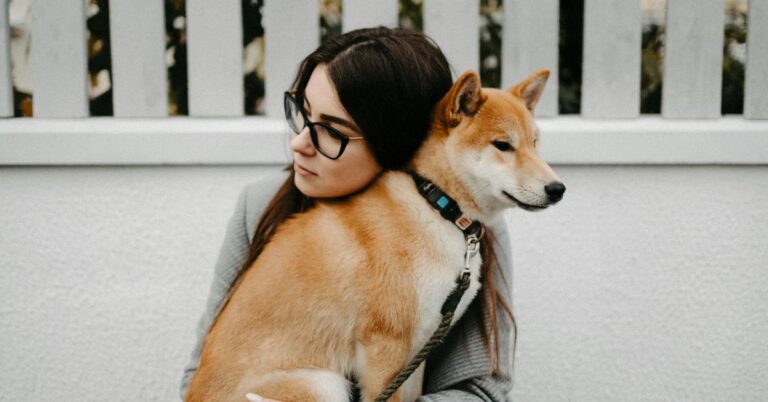10 Unintentional Mistakes That Could Be Harming Your Dog
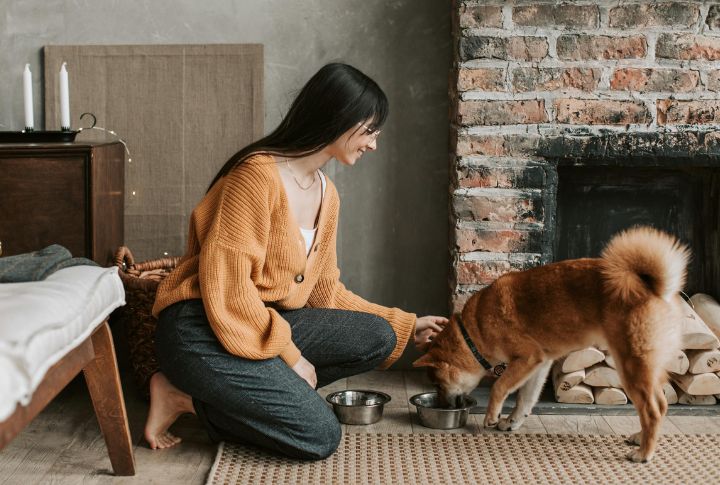
You adore your dog, spoil them silly, and treat them like family, but what if some of your everyday habits are doing more harm than good? Something as small as neglecting paw care could be putting your dog at risk. Here are 10 sneaky little habits that are unintentionally making things worse.
Unsafe Collars Or Harnesses
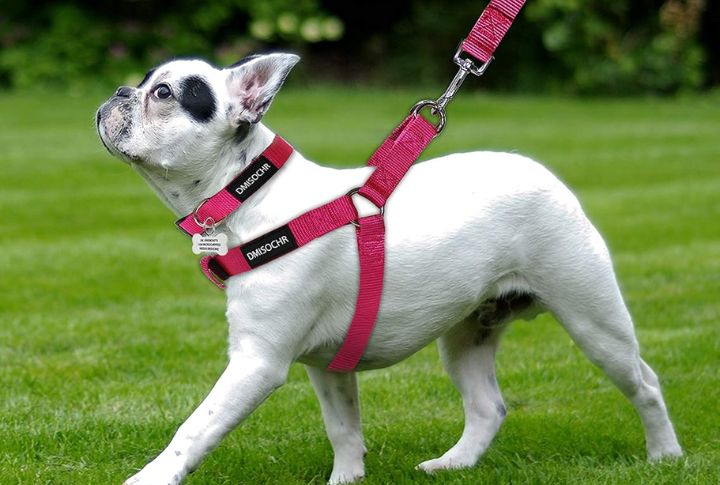
Ill-fitting collars or harnesses often cause skin irritation and neck strains. To prevent these issues, always measure your dog’s neck and chest before purchasing a collar. A quick gear check can prevent long-term complications, so update them at the first sign of damage or discomfort.
Confinement In Hot Cars

Even a short errand can transform a parked car into an oven. Inside, temperatures rise quickly, which could endanger dogs with rapid heatstroke onset. For your pet’s sake, never leave them inside unattended. That brief confinement can escalate into severe and potentially fatal heat-related harm faster than you realize.
Use Of Plastic Food Bowls
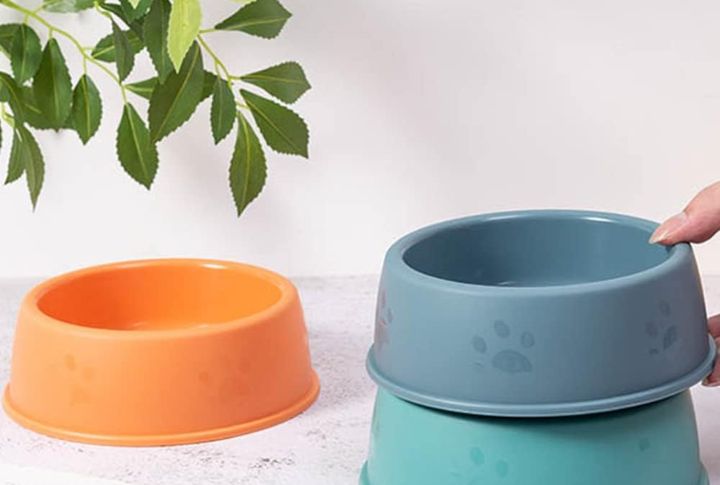
Plastic food bowls develop scratches that harbor bacteria and can trigger chin acne or allergic reactions. Switch to stainless steel or ceramic bowls. These alternatives are more durable and easier to sanitize. Moreover, they help in maintaining a dog’s overall hygiene, which reduces skin irritation.
Exposure To Toxic Houseplants
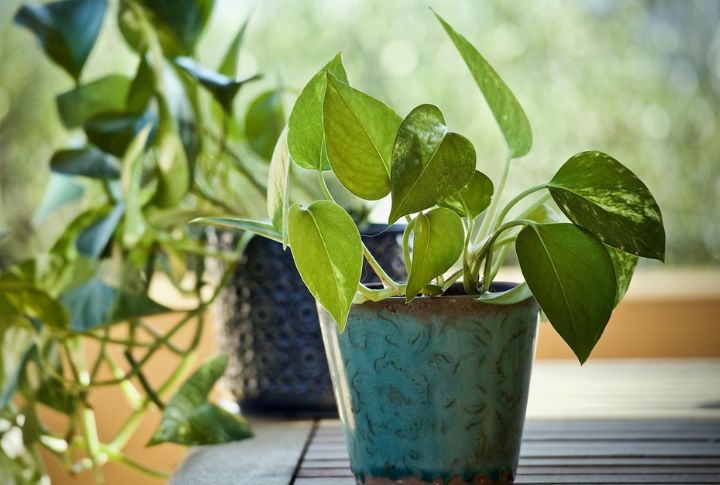
Common houseplants such as pothos, lilies, aloe vera, and sago palms are toxic to dogs. Ingesting any of these can cause severe reactions, including vomiting and seizures. So, make sure to evaluate all indoor greenery regularly and replace dangerous species with non-toxic alternatives like spider plants and bamboo.
Unsafe And Uncomfortable Sleeping Areas
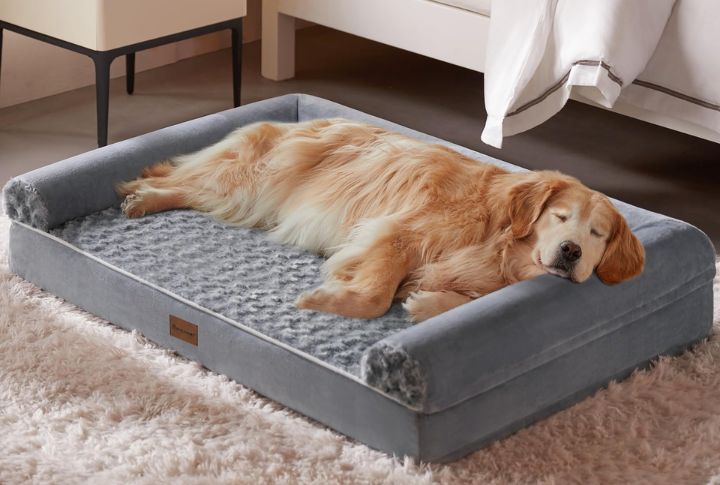
Poor sleeping conditions cause long-term issues like arthritis or anxiety. Avoid crates that are too small or surfaces that are cold and hard. Instead, give your dog a padded bed in a low-traffic, draft-free room. This practice helps pets secure ample rest that enhances their daily vitality and overall health.
Unchecked Weight Fluctuations
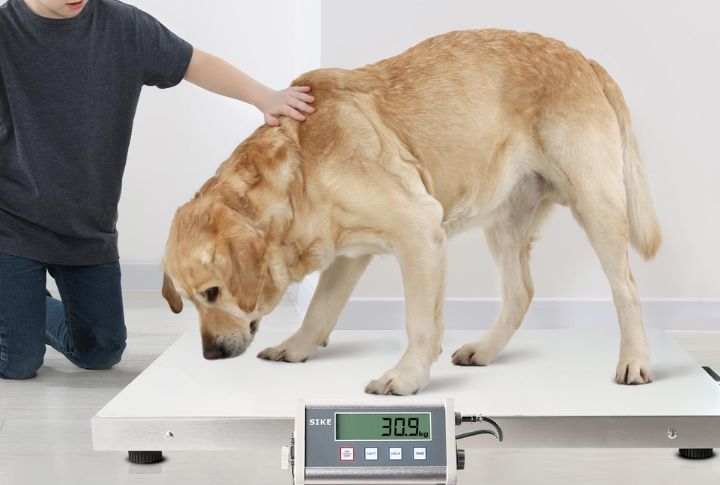
Noticeable shifts in weight often signal potential health issues like thyroid imbalance or diabetes. That’s why it’s a good idea to weigh your dog monthly and keep track of any changes. If you notice consistent weight gain or loss, reach out to your veterinarian immediately for a proper evaluation.
Lack Of Home Safety Measures
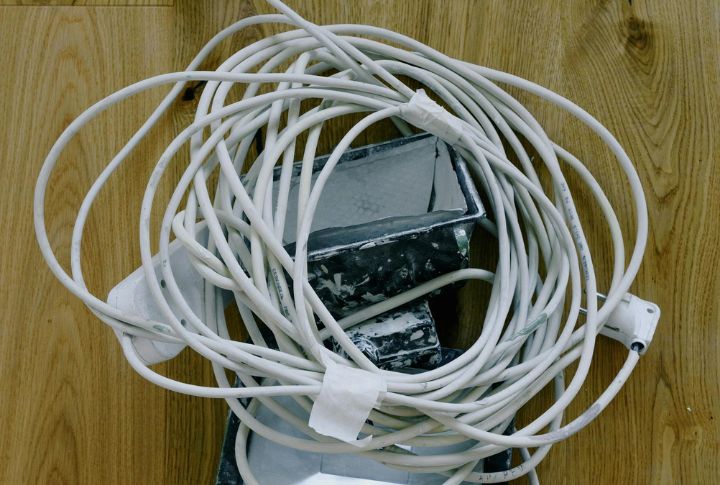
Overlooking basic home safety measures can expose your dog to serious hazards like tangled cords or toxic household chemicals. To prevent accidents, make a habit of performing routine safety checks and secure anything potentially dangerous. A quick check reduces risks and keeps your dog’s space safe.
Harsh Punishment Or Yelling

Punitive measures like yelling undermine training by increasing anxiety and aggression. Instead, employ reward-based strategies that reinforce good behavior. Positive methods (treats and verbal praise) build trust while discouraging unwanted actions. This gentle approach nurtures a cooperative canine temperament over time.
Inconsistent Meal Times
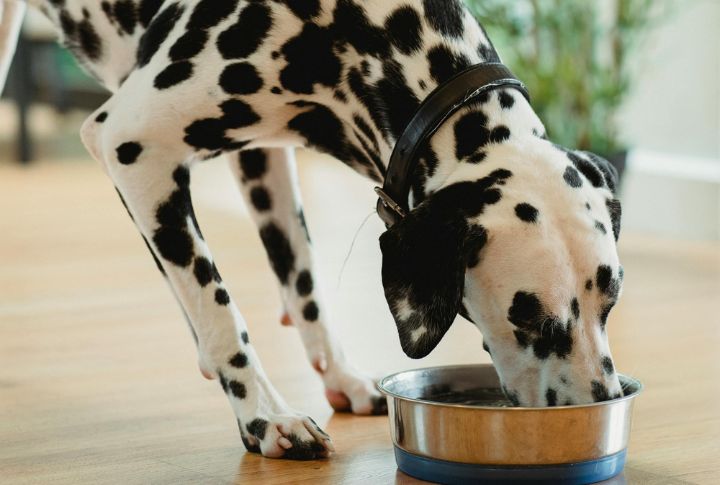
Irregular feeding disrupts a dog’s digestive cycle. You might not know, but this inconsistency can cause anxiety and stomach upsets. That’s why you should maintain a consistent schedule with two daily meals to stabilize metabolism and behavior. A structured mealtime fosters both physical health and emotional well-being in your dog.
Ignored Signs Of Illness Or Injury
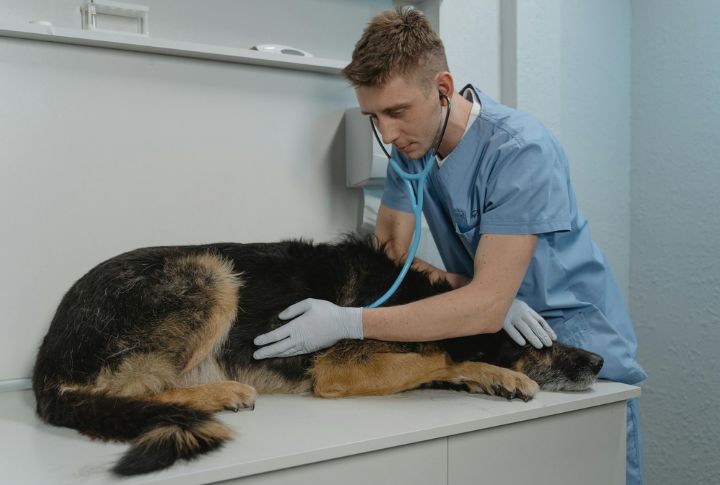
Subtle signs such as limping or decreased appetite often indicate underlying injury or illness. Since dogs instinctively hide pain, it’s important not to overlook these changes. It’s good practice to keep a close eye on their behavior, and if symptoms persist, consult your veterinarian ASAP.



